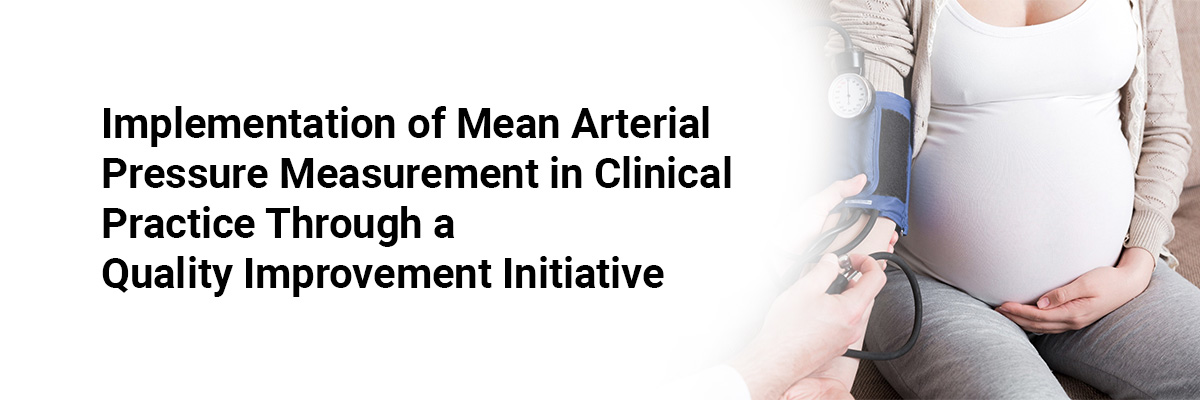
Implementation of Mean Arterial Pressure Measurement in Clinical Practice Through a Quality Improvement Initiative
The present study was aimed to increase the measurement of mean arterial pressure (MAP) in pregnant women during antenatal check-ups from 0% to 70% within six months. A quality improvement team utilized multiple Plan-Do-Study-Act (PDSA) cycles to achieve this goal. They measured progress through bi-weekly assessments of MAP measurement and tracked aspirin prescriptions for at-risk women.
The results showed that out of 360 antenatal women evaluated, the success of the PDSA cycles—focused on addressing knowledge gaps, multidisciplinary team involvement, and software use—resulted in an increase of MAP measurement from 0% to 90%. Among the participants, 33.3% of women were recognized as high risk due to maternal risk factors. The testing's sensitivity was 75%, specificity 70.4%, and the positive predictive value (PPV) was 5.7%, with a negative predictive value (NPV) of 99.2%. Moreover, among the high-risk group, only 14 women (11.7%) were started on aspirin. Notably, preeclampsia occurred in 6 out of 106 women (7.6%) who were not receiving aspirin therapy.
The study concluded that inclusion of MAP measurement into routine practice is feasible in a busy public hospital setting, demonstrating the effectiveness of point-of-care quality improvement (POCQI) strategies.
Source: Ansari S et al. Incorporation of Mean Arterial Pressure in Clinical Practice Using Quality Improvement Initiative. J Obstet Gynecol India. 2024. https://doi.org/10.1007/s13224-024-02059-4.














Please login to comment on this article